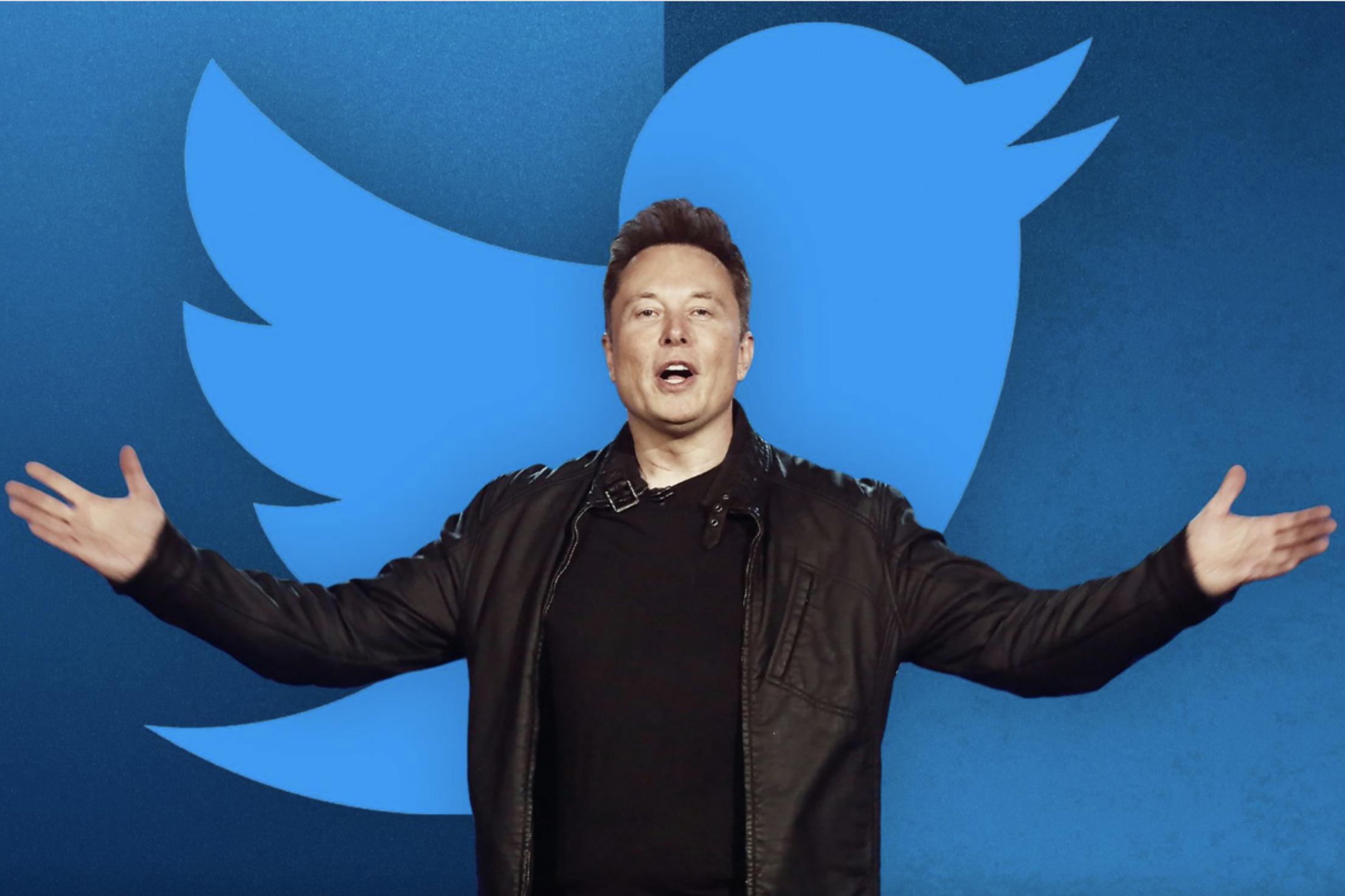Clash between free expression and misinformation in digital age European Commission's showdown with X
In the wake of the tragic attack on a dance studio in Southport on July 30, which resulted in the deaths of children, the United Kingdom has seen widespread protests that have turned into riots and violence in multiple cities. According to Euronews, "X has played a central role in the saga up until now."
Initially, the platform formerly known as Twitter, was utilized to fuel tensions and disseminate misinformation regarding the Southport incident. This was followed by sharp criticism from Elon Musk, the owner of X, aimed at UK Prime Minister Keir Starmer. In response, on August 8, the UK regulatory body issued an open letter urging social media platforms to prevent their use in inciting violence amid the ongoing unrest.
A spokesperson for the European Commission indicated that "the current events in the UK and X's response may be considered in the ongoing investigation into X, particularly concerning misinformation and unlawful content."
To gain a deeper understanding of the situation, it's helpful to revisit some recent history. After the Digital Services Act came into effect in 2023, the European Commission (EC) filed multiple complaints against the social network X. The Commission pointed out that X had not made "adequate efforts to tackle misinformation," that its advertising practices were not transparent, and that access for "independent researchers to the company's data was unjustifiably restricted."
The EC granted X a period to respond and rectify these issues but warned that failure to take appropriate action could result in fines of up to 6 per cent of the company's annual revenue.
In mid-July 2024, further news emerged regarding a significant fine that the EC might impose on X. This was due to accusations that X had "misled users" through several measures, including the creation of "many fraudulent accounts impersonating real people and organizations," which facilitated the "manipulation of user opinions." In response, Elon Musk outright rejected the EC's proposals, asserting that the European Commission had suggested that X officials secretly implement censorship in exchange for dropping its complaints against the platform.
It is significant that the accusations directed at Musk's company are not limited to the European Commission. For example, this year, the Spanish fact-checking organization Maldita.es published a special report criticizing X for "frequently neglecting to address misinformation in the lead-up to the June elections for the European Parliament." The report highlighted that out of the 20 most viral debunked posts, "18 appeared on X and each received over 1.5 million views without any action taken by the platform."

Now, let's shift our focus back to August and examine Elon Musk's conflict with British authorities in more detail. A key point in this situation is that, amid the unrest in the UK, the owner of X declared the "inevitability of a civil war" in the country. In response, Prime Minister Keir Starmer's official spokesperson underscored that there was no basis for such comments, stating that "we are dealing with a small group of troublemakers who do not represent the UK, while our communities have shown their best selves by cleaning up the aftermath." The spokesperson concluded by affirming that "the Prime Minister does not share this perspective."
In the ongoing discussion, if one can call it so, Starmer emphasized the importance of regulating online spaces to "prevent the spread of misinformation and far-right content."
Meanwhile, UK Minister of State at the Ministry of Justice Heidi Alexander stated that "if you have a major social platform, you also have a responsibility." However, this exchange, combined with the European Commission's ideological and practical attack on the platform X, can be viewed from a different perspective.
Specifically, it can be examined through the lens of Elon Musk becoming the largest financial donor to Donald Trump's campaign this July.
According to The Wall Street Journal, Musk promised to provide $45 million monthly to the America PAC, a political action committee supporting Trump. This announcement came just two days after an unsuccessful assassination attempt on the former president, during which Musk publicly endorsed Trump's candidacy.
Unsurprisingly, US President Joe Biden reacted negatively, openly expressing how "sickened" he felt by Musk and his wealthy friends who wish to "buy elections."
Thus, several analysts believe that Elon Musk's public support for Donald Trump has contributed to the European Commission's stance against X. It is well-known that many political leaders harbor negative feelings toward Trump's image. This situation once again highlights the ineffectiveness of democratic traditions and freedom of expression within the EU, which allows leaders to advocate for ideas of political censorship. Therefore, it remains necessary to exercise patience and await the results of the US presidential elections, as these outcomes will significantly influence the future of the platform X.
By Teymur Atayev
The views and opinions expressed by guest columnists in their op-eds may differ from and do not necessarily reflect the views of the editorial staff.








